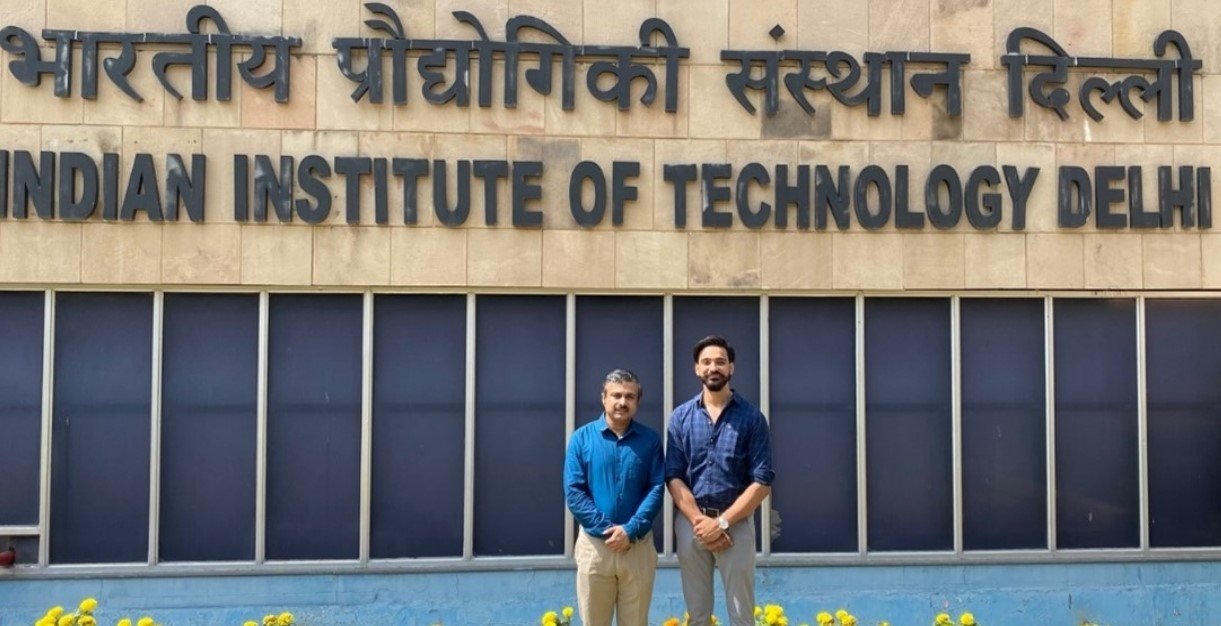Scientists at IIT-D get promising results in pre-clinical trials for brain cancer treatment
July 15, 2024 | Monday | News
Producing long-lasting protection against glioblastoma
Glioblastoma, the most common and aggressive type of cancerous brain tumor in adults, poses significant treatment challenges despite available options like surgery, radiation, and chemotherapy. Patients diagnosed with glioblastoma typically have a life expectancy of only 12–18 months post-diagnosis.
Researchers at the Indian Institute of Technology (IIT) Delhi have given such patients a ray of hope with their new study.
Working under the guidance of Dr Jayanta Bhattacharyya, Associate Professor, Centre for Biomedical Engineering, IIT Delhi; a PhD student named Vidit Gaur primarily conducted the study.
Vidit has developed a novel nanoformulation, namely Immunosomes, that combines a CD40 agonist antibody with the small molecule inhibitor RRX-001. This innovative approach aims to enhance treatment efficacy for brain tumors, potentially offering new hope for improving outcomes in glioblastoma patients.
In this study, mice bearing glioblastoma treated with Immunosomes showed complete eradication of the tumuor and remained tumour-free for at least three months. Additionally, this treatment generated a strong host immune response to fight against brain cancer.
After three months, Dr Bhattacharyya and his team re-challenged the long-term surviving mice by implanting glioblastoma cells. Surprisingly, the mice pre-treated with Immunosomes showed near-no tumour growth, revealing that Immunosomes could generate long-lasting immune memory that can prevent future tumour recurrence without further treatment.
In addition to producing long-lasting protection against glioblastoma, treatment with Immunosomes can reduce the toxicity associated with CD40 agonist antibody, which otherwise presents a significant challenge for clinicians globally.










